detail profile lucien nat
Peran Yang Di Mainkan Lucien Nat
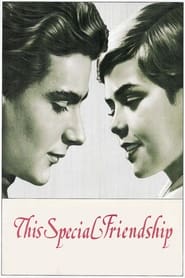 A tale of the tender relationship...
A tale of the tender relationship...This Special Friendship 1964
A tale of the tender relationship between a twelve-year-old boy and the fourteen-year-old upperclassman who is the object of his desire, all set within the rigid atmosphere of a Jesuit-run school.
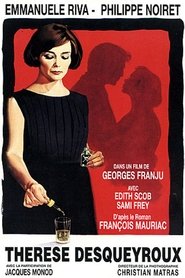 Thrse is living in a provincial...
Thrse is living in a provincial...Therese 1962
Thérèse is living in a provincial town, unhappily married to Bernard, a dull, pompous man whose only interest is preserving his family name and property. They live in an isolated country mansion surrounded by servants. Early in her marriage her only comforts are her fondness for Bernard's pine-tree forest, which was her primary reason for marrying him, and her love for her sister-in-law and Bernard's half-sister, Anne. The movie recounts in flashback the circumstances that led to her being charged with poisoning her husband.
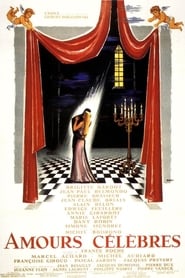 Anthology of four love stories that...
Anthology of four love stories that...Famous Love Affairs 1961
Anthology of four love stories that have some historical basis.
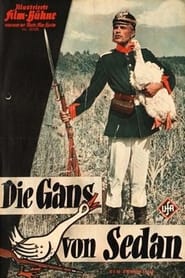 Summer 1870 Following the French defeat at...
Summer 1870 Following the French defeat at...Without Trumpet or Drum 1959
Summer 1870. Following the French defeat at Sedan. Léon, a soldier in a detachment isolated in the Ardennes forest, is sent in search of water. When he discovers the most peaceful of rivers, he decides to undress and bathe in it. At bend of the river he catches sight of another naked swimmer. It's a Prussian! Both men start bickering a bit: aren't they supposed to be arch enemies? But they soon fraternize. Unfortunately the patrol has not vanished in the haze and they hear it coming. Each man gets hold of his uniform and runs away in two opposite directions. The only trouble is that Fritz the Prussian has donned the French uniform and Leon the Prussian one!
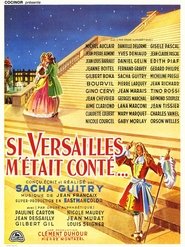 Witty narration follows the history of...
Witty narration follows the history of...Royal Affairs in Versailles 1954
Witty narration follows the history of Versailles Palace; founded by Louis XIII, enlarged by autocratic Louis XIV, whose personal affairs and amours, and those of his two successors, are followed in more detail to the start of the Revolution, after which the story is brought rapidly up to date. A huge cast plays mainly historical persons who appear briefly.
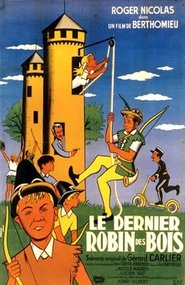 While Ludovic Dubois a young summer...
While Ludovic Dubois a young summer...The Last Robin Hood 1953
While Ludovic Dubois, a young summer camp monitor in Saint-Benoît, entertains the children by playing Robin Hood, the lord's niece is kidnapped by her uncle, in the castle next door. Helped by the children and the customs inspector, the last of the Robin Hoods will free the "Princess Isabelle", and will end up marrying her.
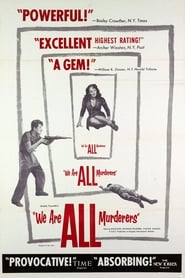 Originally titled Nous Sommes Tout des...
Originally titled Nous Sommes Tout des...We Are All Murderers 1952
Originally titled Nous Sommes Tout des Assassins, We Are All Murderers was directed by Andre Cayette, a former lawyer who detested France's execution system. Charles Spaak's screenplay makes no attempt to launder the four principal characters (Marcel Mouloudji, Raymond Pellegrin, Antoinine Balpetre, Julien Verdeir): never mind the motivations, these are all hardened murderers. Still, the film condemns the sadistic ritual through which these four men are brought to the guillotine. In France, the policy is to never tell the condemned man when the execution will occur--and then to show up without warning and drag the victim kicking and screaming to his doom, without any opportunity to make peace with himself or his Maker. By the end of this harrowing film, the audience feels as dehumanized as the four "protagonists." We Are All Murderers was roundly roasted by the French law enforcement establishment, but it won a special jury prize at the 1952 Cannes Film Festival.
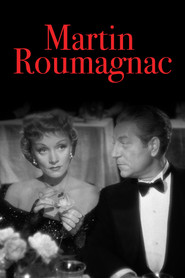 The local buildingcontractor Martin Roumagnac is...
The local buildingcontractor Martin Roumagnac is...Martin Roumagnac 1946
The local building-contractor Martin Roumagnac is fascinated by the fashionable Blanche Ferrand. To impress Blache, Martin presents her with a villa. However, this ruins him financially. Despite Martin's many efforts for the now femme-fatal Blanche, she is not able to chose between him and the rich consul De Laubry.
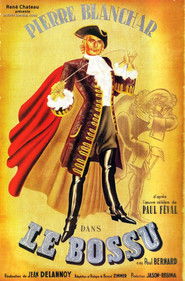 The knight Henri de Lagardre wants...
The knight Henri de Lagardre wants...The Hunchback 1944
The knight Henri de Lagardère wants to avenge the death of his friend, the duke Philippe de Nevers assassinated by the prince de Gonzague, a few years before.
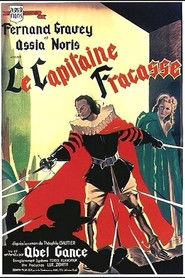 Out of love for an actress...
Out of love for an actress...Captain Fracasse 1943
Out of love for an actress, Isabelle, the Baron de Sigognac joins a traveling troop en route to Paris. When an actor dies, he takes over his role: that of Captain Fracasse.
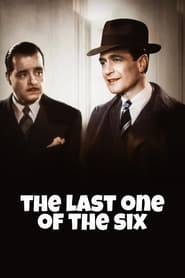 Paris France Commissaire Wens is put...
Paris France Commissaire Wens is put...The Last One of the Six 1941
Paris, France. Commissaire Wens is put in charge of the investigation into the murder of one of six friends who, in the past, made a very profitable promise.
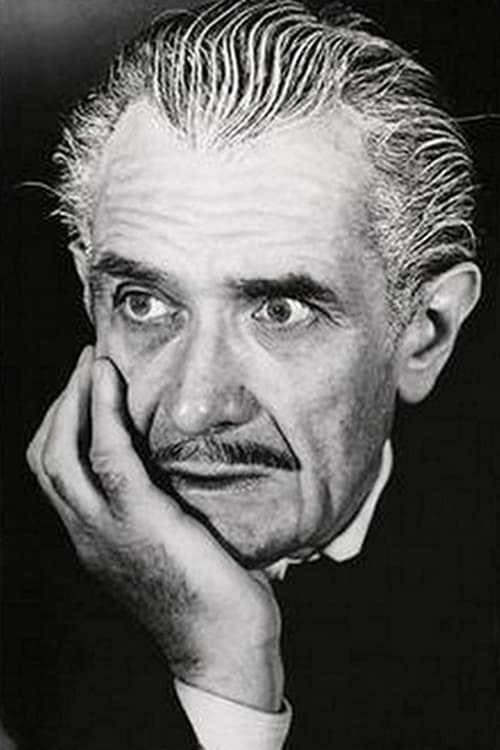
 This telefilm in black and white...
This telefilm in black and white...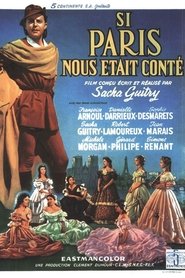 Historical film directed and written by...
Historical film directed and written by...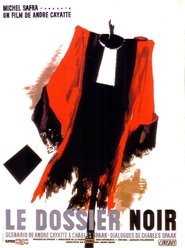 In the 1950s in a small...
In the 1950s in a small...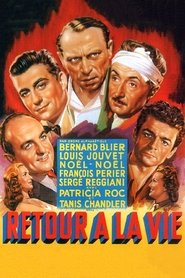 In France in 1946 the difficult return...
In France in 1946 the difficult return...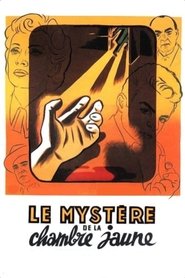 A young reporter solves a mystery...
A young reporter solves a mystery...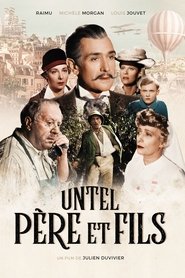 The story of how the people...
The story of how the people...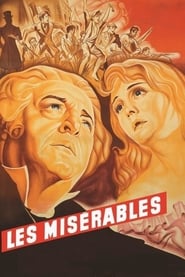 In 19th century France Jean Valjean...
In 19th century France Jean Valjean...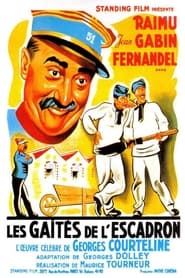 The life of disorderly soldiers in...
The life of disorderly soldiers in...